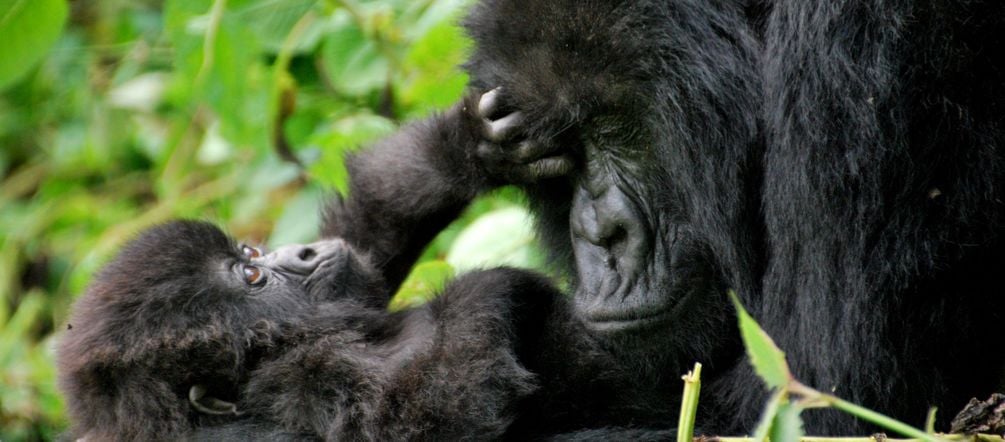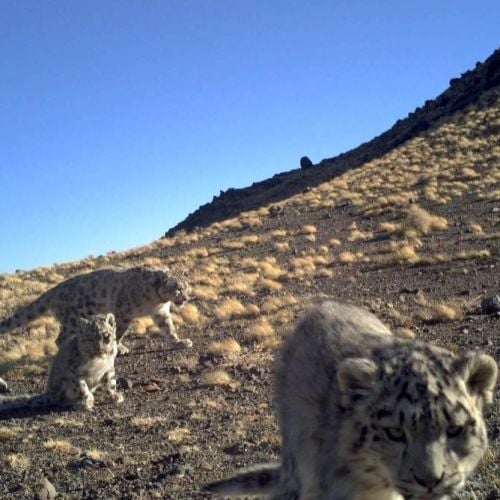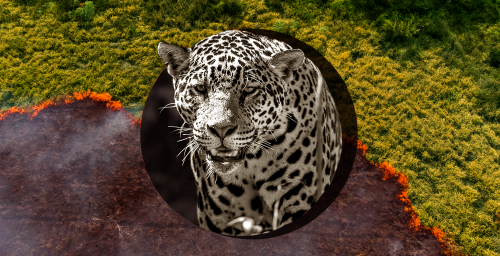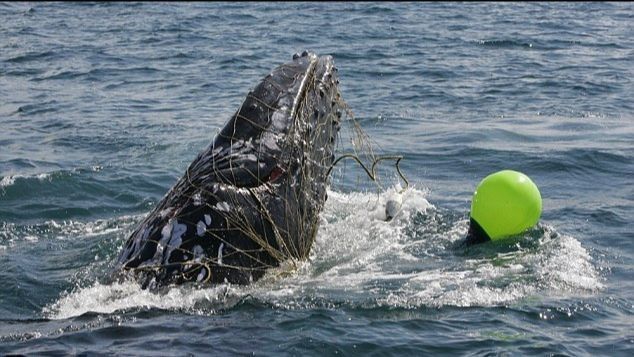Success! Tea plantation operators will not be allowed in the Kafuga Forest
Posted on
|
Good news for Gorillas Tea plantation operators will not be allowed in the Kafuga Forest, Uganda. A court has put the forest under the stewardship of the local district, and they’ve also said the forest must be made into a protected area within a year! This area is on the borders of gorilla habitat and the forest keeps threats at a distance from the Bwindi National Park. The park is home to about a third of the last mountain gorillas on earth – less than 1,100.
And Kafuga Forest is home to hundreds of species of birds, rodents and chimpanzees. The struggle has been going on for years, with 12 people being arrested for cutting down trees there in 2016. The High Court wanted evidence from the envrionmentalists that the suspects had done this inside of the Kafuga Forest – and the area had been mapped, with the financial support of Rainforest Rescue. This mapping was crucial because it showed the court that the defendants’ claim that they were felling trees on their property wasn’t right. A quarter of a million people signed a petition with Rainforest Rescue about it and many people donated towards it as well. Rainforest Rescue report that the next step is to make the forest a protected area in the next year! |



